Summaries of books about Social Theory:
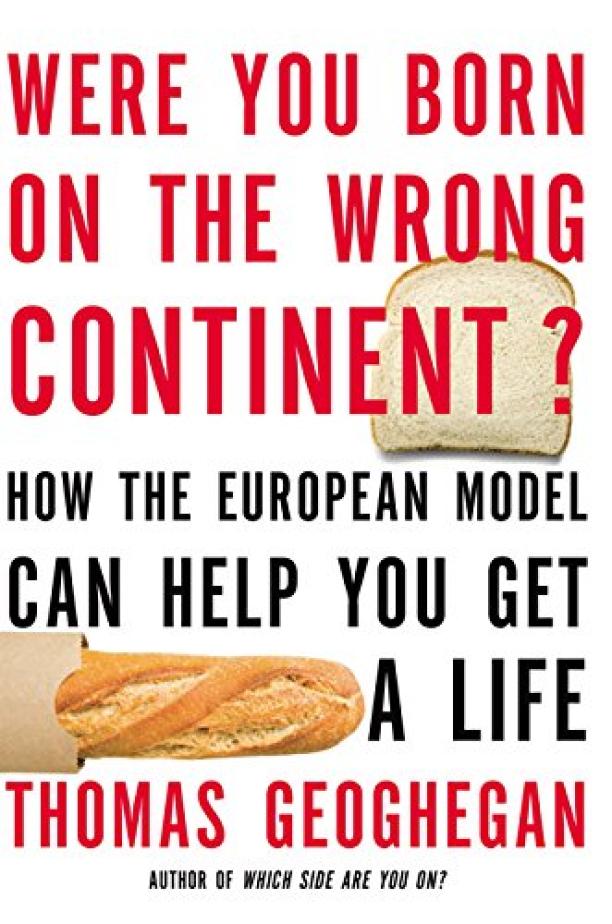
Were You Born on the Wrong Continent?
How the European Model Can Help You Get a Life
Thomas Geoghegan
The book explores the differences between American and European social and economic models, particularly focusing on how European policies like shorter work hours, longer vacations, and robust social services might lead to a higher quality of life. It presents an argument for the United States to consider adopting aspects of the European social model to improve the work-life balance and overall well-being of its citizens.
See full summary
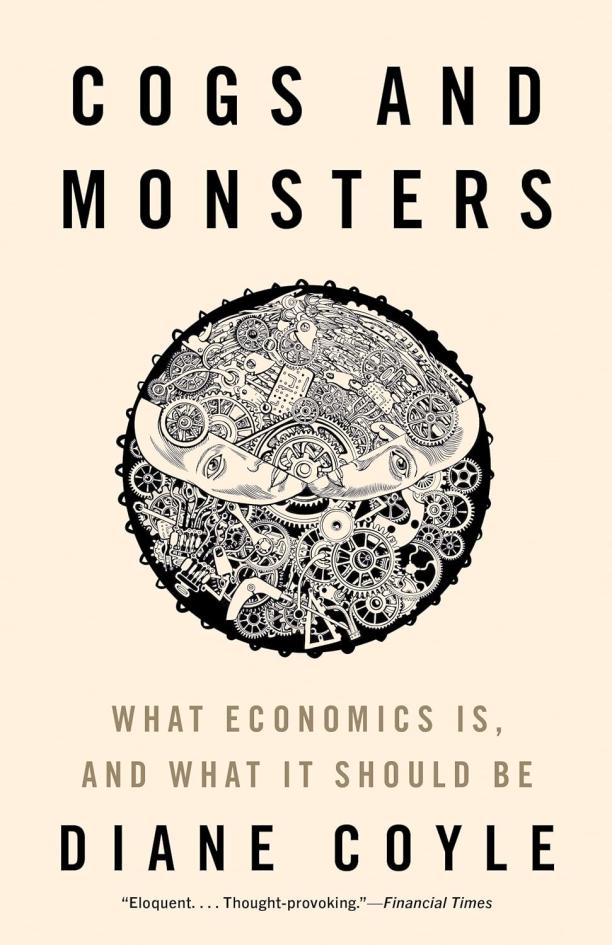
Cogs and Monsters
What Economics Is, and What It Should Be
Diane Coyle
The book critically examines the current state of economics, highlighting its failure to address pressing issues like technological change and inequality. It advocates for a reformed economics discipline that embraces a broader set of tools and perspectives to better tackle the challenges of the 21st century.
See full summary

Infotopia
How Many Minds Produce Knowledge
Cass R. Sunstein
The book explores the concept of collective intelligence, arguing that information markets, wikis, and other forms of group collaboration can lead to smarter decisions and innovation. It examines both the potential and the pitfalls of these collaborative approaches, including issues of groupthink and information cascades.
See full summary
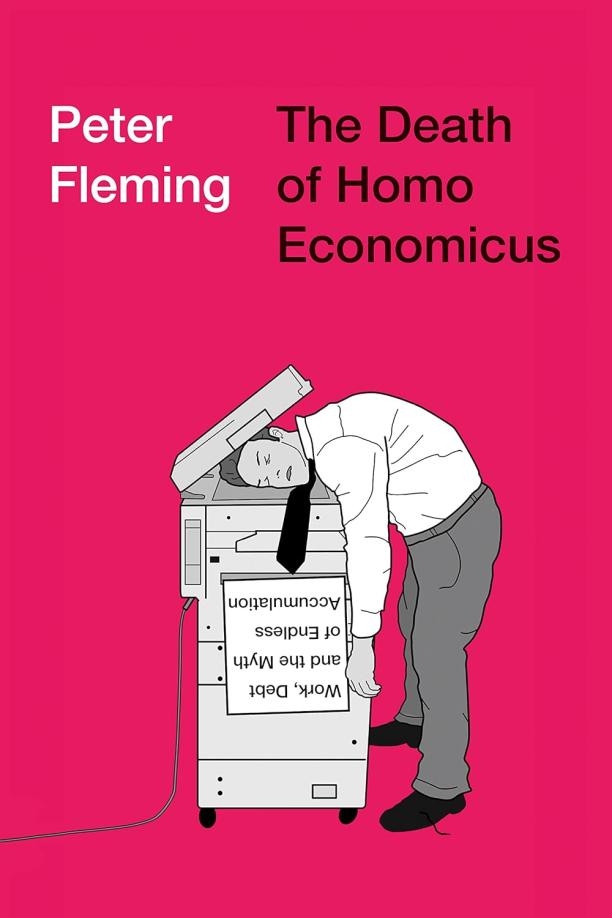
The Death of Homo Economicus
Work, Debt and the Myth of Endless Accumulation
Peter Fleming
The book critically examines the concept of Homo Economicus—the idea of humans as rational, self-interested economic agents—and argues that this model has led to a destructive work ethic, unsustainable debt, and a relentless pursuit of growth. It explores the social and psychological impacts of neoliberal capitalism, suggesting that the relentless drive for profit and efficiency undermines human well-being and social cohesion.
See full summary
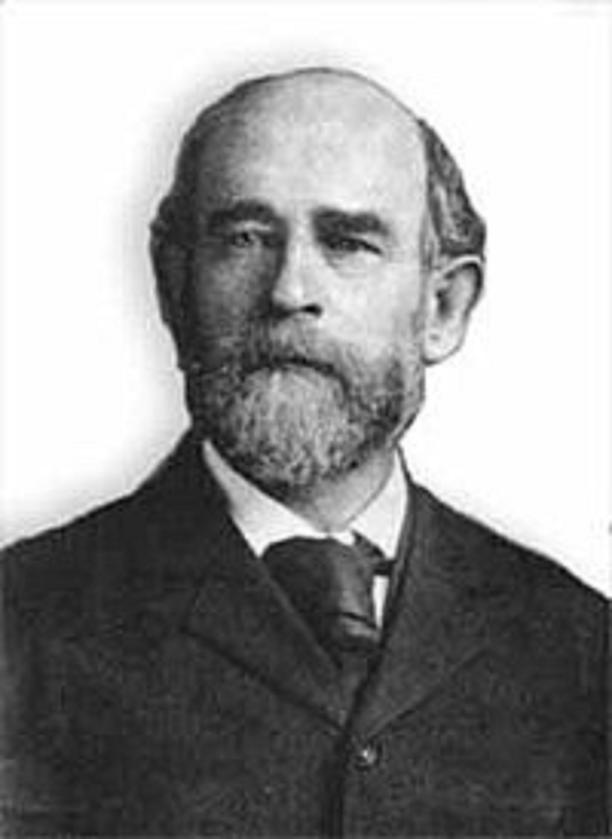
Progress and Poverty
Full and Fine Text of 1880 Edition (Illustrated)
Henry George
The book presents a critical examination of the economic inequalities that arise from the private ownership of land, arguing that this system leads to wealth disparity and societal stagnation. It proposes a single tax on land value as a solution to alleviate poverty and promote social and economic progress.
See full summary
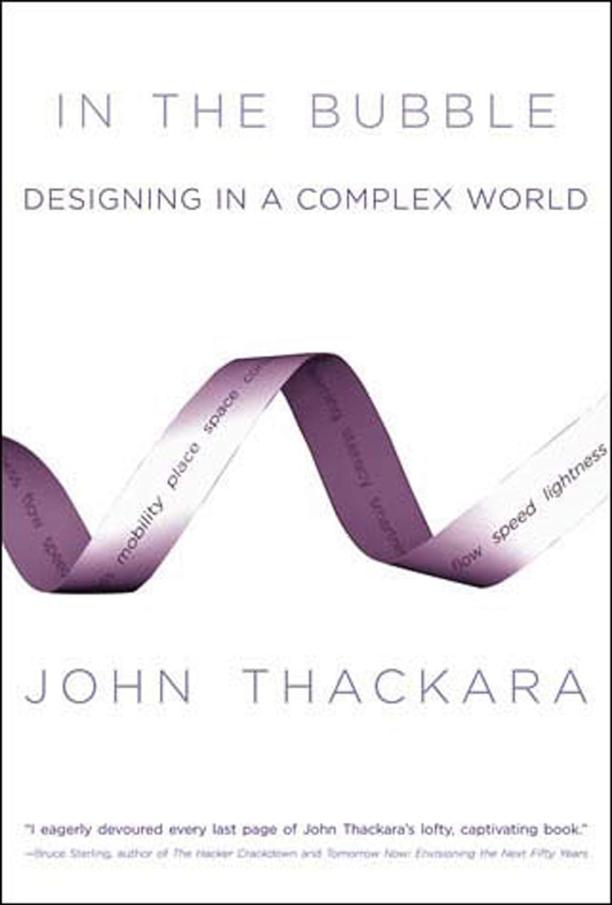
In the Bubble
Designing in a Complex World
John Thackara
The book explores the role of design in addressing complex social, environmental, and economic challenges in the modern world. It advocates for sustainable and human-centered design practices that harness technology and innovation to improve lives while minimizing ecological impacts.
See full summary
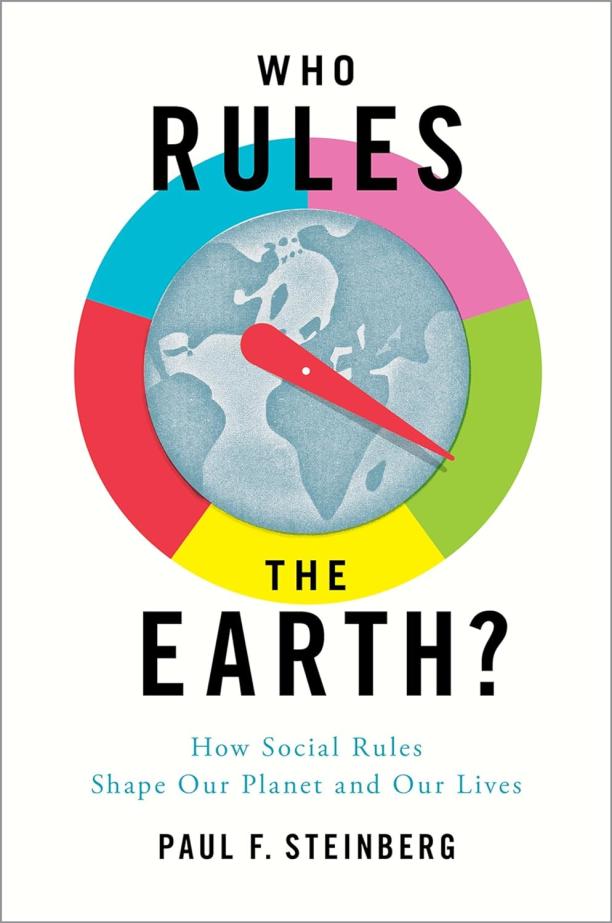
Who Rules the Earth?
How Social Rules Shape Our Planet and Our Lives
Paul F. Steinberg
The book examines the impact of social rules and institutions on environmental outcomes, arguing that these human constructs are pivotal in determining how we use and protect natural resources. It explores the ways in which governance, economic systems, and cultural practices influence ecological sustainability and human well-being.
See full summary
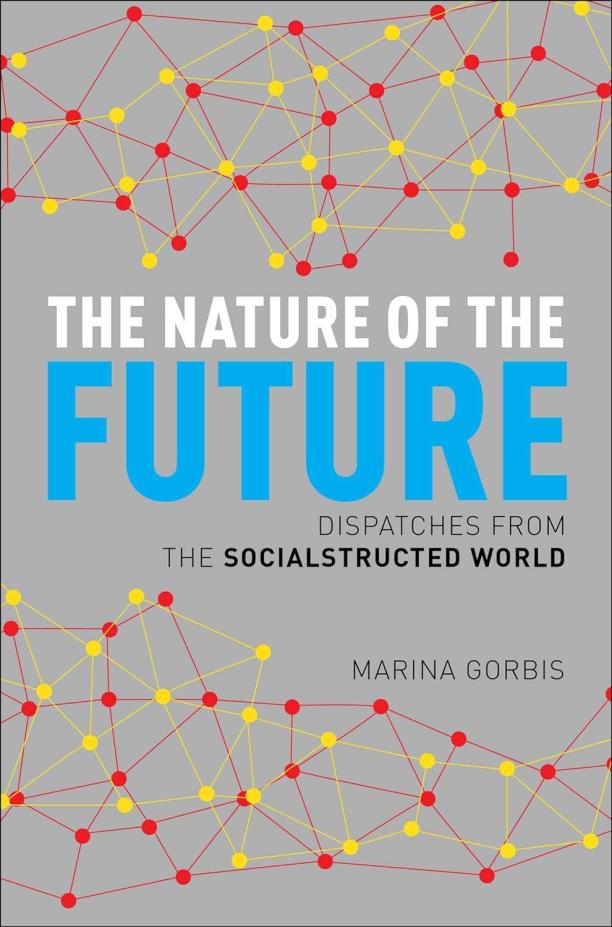
The Nature of the Future
Dispatches from the Socialstructed World
Marina Gorbis
The book explores the impact of technology on society, envisioning a world where social networks and collaborative platforms transform traditional institutions and empower individuals to better shape their future. It discusses the rise of a "socialstructed" environment, where personal connections and crowd-sourced solutions become key drivers of innovation and success.
See full summary

Right Relationship
Building a Whole Earth Economy
Peter G. Brown|Geoffrey Garver
The book explores the concept of an economy that respects the planet's ecological limits and prioritizes sustainability, advocating for a shift from a growth-centric model to one that fosters equitable relationships among humans and between humans and the Earth. It presents a framework for a "whole Earth economy" based on principles of ecological integrity, fairness, and the need to redefine progress beyond mere economic expansion.
See full summary

Smart Machines and Service Work
Automation in an Age of Stagnation
Jason E. Smith
The book critically examines the impact of automation on service sector jobs, arguing that technological advancements have not led to increased productivity or economic growth but rather to job precarity and stagnation. It explores the paradox of how smart machines are transforming the nature of service work without delivering the promised gains of a high-tech economy.
See full summary